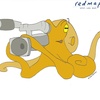
It's not fishing, it's research!
Next time your partner whines you're going fishing again, feel free to use our excuse: "It's not fishing, it's research!" Check out Redmap's new 45-sec promo video!



Next time your partner whines you're going fishing again, feel free to use our excuse: "It's not fishing, it's research!" Check out Redmap's new 45-sec promo video!
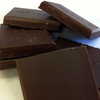
Chocolate rations, “crazy” fish and the spread of ancient diseases probably don’t spring to mind when you think of climate change. We scanned the news for reports of the more unusual impacts of rising temperatures.
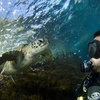
About 75 per cent of Redmap photos are uploaded by scuba divers! Read these amusing dive stories from citizen scientists around the country.
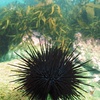
Explore the Seafloor is asking for help to identify images of sea urchins and kelp during August. The project takes a 'crowd-sourcing' approach to a job normally done by research assistants! Read more at www.exploretheseafloor.net.au.
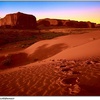
"Yes", writes National Geographic, "a billion years from now, as the sun gets brighter. But could we make it happen sooner through climate change?" Read the article here.
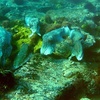
Recent research has shown a significant decline in Giant Cuttlefish (Sepia apama) populations in South Australia. But scientists are not sure why. So your help is needed to observe these cuttlefish via Redmap!
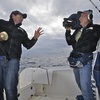
Andrew Hart knows his job blurs the line between work and play. The host of TV fishing show Hook, Line and Sinker explains why it's hard work not to love fishing for the cameras around Australia.
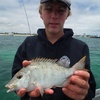
Redmap has received more than 330 sightings since its national launch five months ago. But who are "Redmappers"? They’re fishers, divers and beachgoers who send Redmap photos of uncommon marine life! Meet some of Redmap's "citizen scientists" who are mad-keen anglers (next issue: divers!).
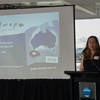
If you are thinking of starting a citizen science program - and wondering how to make it successful - then you should join this live online seminar (aka "webinar") on July 18. It will be co-hosted by Redmap founder Dr Gretta Pecl and other successful Australian citizen science program leaders.
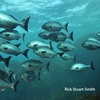
New research published in the science journal Nature has revealed the impacts of climate change on global fisheries. An analysis of fish catches and water temperatures show that ocean warming has already affected global fisheries in the past four decades, driving up the proportion of warm-water fish being caught. Read more here.